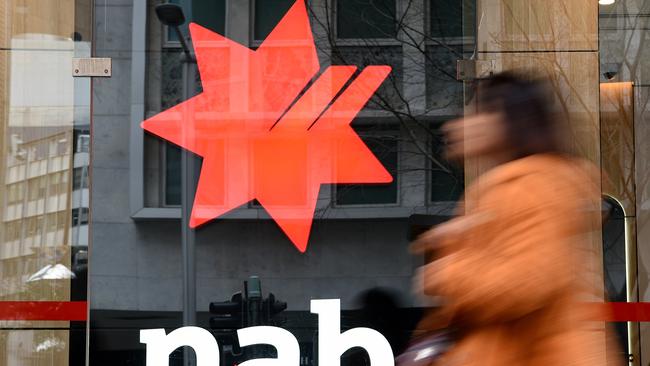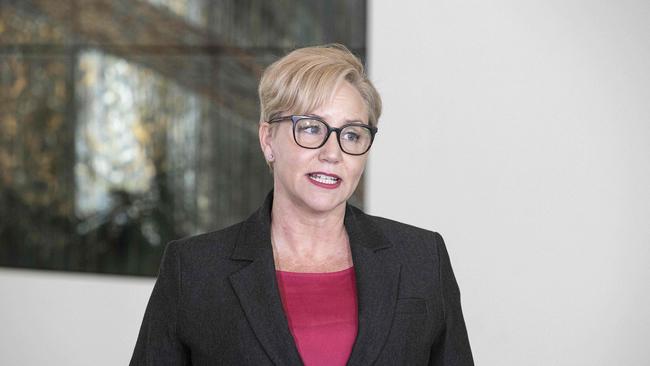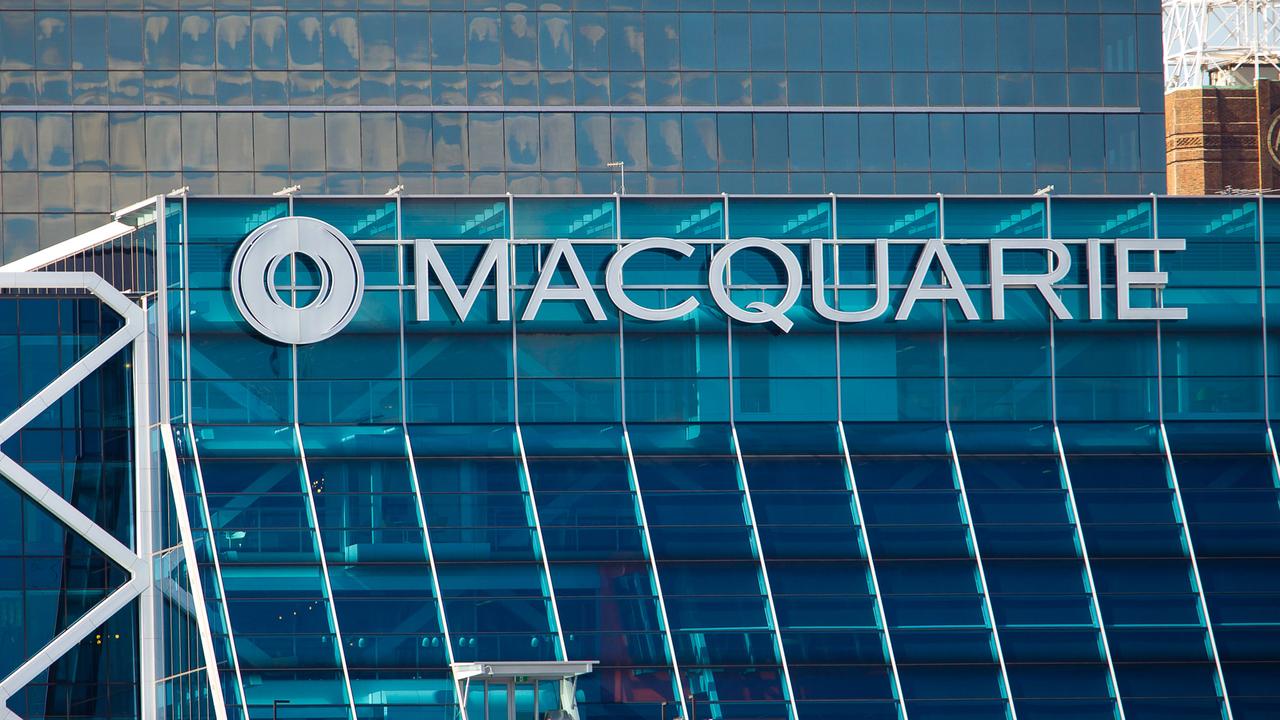NAB’s AML/CTF problems aren’t over yet

There’s a very good reason National Australia Bank won’t be resting on its laurels after Austrac said on Monday that it wasn’t considering civil penalty proceedings over potential breaches of anti-money laundering and counter-terrorist financing laws “at this stage” .
The reason is that NAB is in exactly the same position as Westpac in August 2018, when the bank triggered an Austrac investigation by voluntarily self-reporting its failure to disclose millions of International Funds Transfer Instructions.
Not long after, all hell broke loose.
In both cases, something clearly went awry, leading the financial crime agency to take a closer look by using its power to issue notices and gather more information.
NAB will be desperately hoping its Austrac experience soon starts to diverge from that of Westpac, which suffered extensive board and management upheaval andpaid a record $1.3bn penalty last September.
The problem faced by the banks is that they never know what their AML/CTF systems are going to expose once the rocks are turned over.
When Austrac started issuing notices in Westpac’s case, it dramatically uncovered evidence of 12 customers with typologies consistent with child exploitation.
All bets were off, and no one can say with any degree of certainty that NAB will avoid a similar fate.
Suffice to say NAB will be scrambling right now to get some kind of perspective on the scale of the AML/CTF risk, to which its public documents have repeatedly referred since 2017.
There are reasons to be anxious and, equally, reasons to think that NAB faces less severe sanctions, such as enforceable undertakings, infringement notices and remedial directions.
First of all, NAB will clearly take some comfort from Austrac’s statement that it’s currently not considering civil penalty proceedings – a position which reflected the significant remediation of systems and processes already undertaken.
NAB has spent about $800m to improve its financial crime and fraud controls since 2017, and now employs 1200 people to manage the risks.
The Westpac case also escalated to an investigation very quickly – a measure of its seriousness – in contrast to NAB’s, which has been bubbling away for years.
But just as you might be tempted to rely on some equivocal Austrac language in the documents released on Monday, the regulator gets to the nub of the issue, citing “potential and serious ongoing noncompliance” in relation to customer identification procedures and ongoing customer due diligence.

There is also concern over compliance with Part A of a joint AML/CTF program, which requires entities to have processes and procedures in place to help them identify AML/CTF risks.
If NAB gets a leave pass because it’s invested heavily in its systems, then Westpac was hardly a laggard, spending $632m from 2014 to last September on financial risk compliance.
It doubled the number of people employed in the area in the three years to 2019 to 750 people, with a target of reaching 950 by the end of 2020.
Austrac said it had “ongoing concerns” as to whether NAB had the necessary systems and processes to comply with its AML/CTF obligations.
Further, the “seriousness” of self-disclosed matters presented to Austrac over a prolonged period combined with the accompanying closure rates of those matters was “concerning”.
NAB’s problems, after all, were first disclosed way back in 2017.
That said, there are reasons to think that Austrac’s focus has started to shift after its successful AML/CTF crackdown on the banking sector over the last few years.
Industry practices have significantly improved since the enforcement action against Westpac, and before that the $700m penalty paid in 2018 by Commonwealth Bank.
Austrac chief executive Nicole Rose said in an opinion piece in The Australian on Monday that the domestic casino sector was “at risk of criminal misuse” due to the products and services they offered.
“We have an enforcement investigation under way on Crown casino that demonstrates the seriousness of our concerns,” she said. “And we also have significant compliance work under way on the casino sector.”


